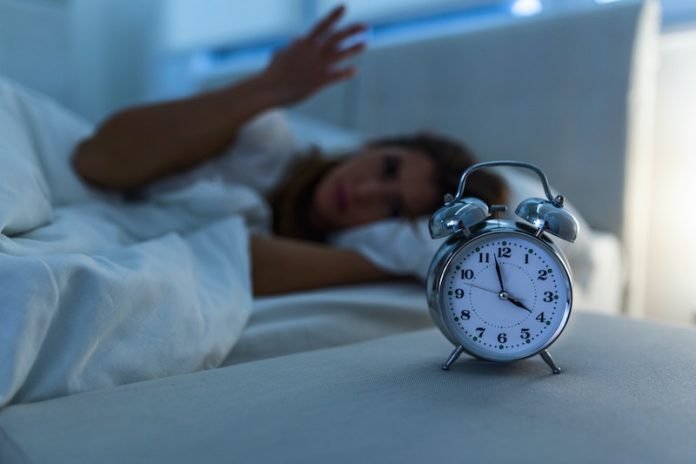
Alzheimer’s disease makes people forget things. It can also make you feel tired, even after sleeping. This is a problem that many people face as they get older.
Scientists think there is a link between poor sleep and Alzheimer’s, but they don’t fully understand it yet.
Alzheimer’s disease affects many people. In the United States alone, about 5.7 million people have it. Alzheimer’s starts slowly and quietly. The first signs are proteins called amyloid-beta and tau building up in the brain.
Later, important parts of the brain start to shrink. After that, people start forgetting things and get confused easily.
What Does Sleep Have to Do with It?
Researchers at the Washington University School of Medicine think they may have found an answer.
They discovered that old people who don’t get enough deep sleep have more tau in their brains. Tau is a protein, and having too much of it can hurt your brain and make you think slower.
Deep sleep is very important. It’s when your brain sorts out and stores all the things you learned during the day.
If you don’t get enough deep sleep, you might feel tired and not remember things as well.
The researchers say that bad sleep could be a warning sign of Alzheimer’s disease. In other words, if old people are having trouble sleeping, it might mean that their brains are starting to change.
How Did They Find This Out?
The researchers looked at 119 people aged 60 or above. Most of them were healthy, but some of them had slight memory problems.
To learn more about these people’s sleep, the researchers gave them special tools.
The tools could measure their brain waves and body movements while they slept. They also had to write down when they slept and when they took naps.
The researchers also took samples from the people’s brains and spinal fluid. They did this to measure how much tau and amyloid-beta they had.
What Did the Researchers Learn?
After looking at all the data, the researchers found something interesting. The people who didn’t get enough deep sleep had more tau in their brains. They also had more tau compared to amyloid-beta in their spinal fluid.
What was surprising is that these people slept more but still felt tired. This shows that it’s not about how much you sleep, but rather how well you sleep.
What Does This Mean for the Future?
The researchers believe that tracking how people sleep might help doctors find out if they are at risk of getting Alzheimer’s.
Asking a simple question like “How much do you nap during the day?” could be a good starting point.
But, this won’t replace other tests. Brain scans and tests on spinal fluid are still very important for diagnosing Alzheimer’s.
However, sleep tracking could be a useful addition. It’s easy to do and if someone’s sleep starts changing, it could be a warning sign that their brain is also changing.
If you care about brain health, please read studies about vitamin D deficiency linked to Alzheimer’s and vascular dementia, and blood pressure problem at night may increase Alzheimer’s risk.
For more information about brain health, please see recent studies about antioxidants that could help reduce dementia risk, and epilepsy drug may help treat Alzheimer’s disease.
The study was published in Science Translational Medicine.
Copyright © 2023 Knowridge Science Report. All rights reserved.




